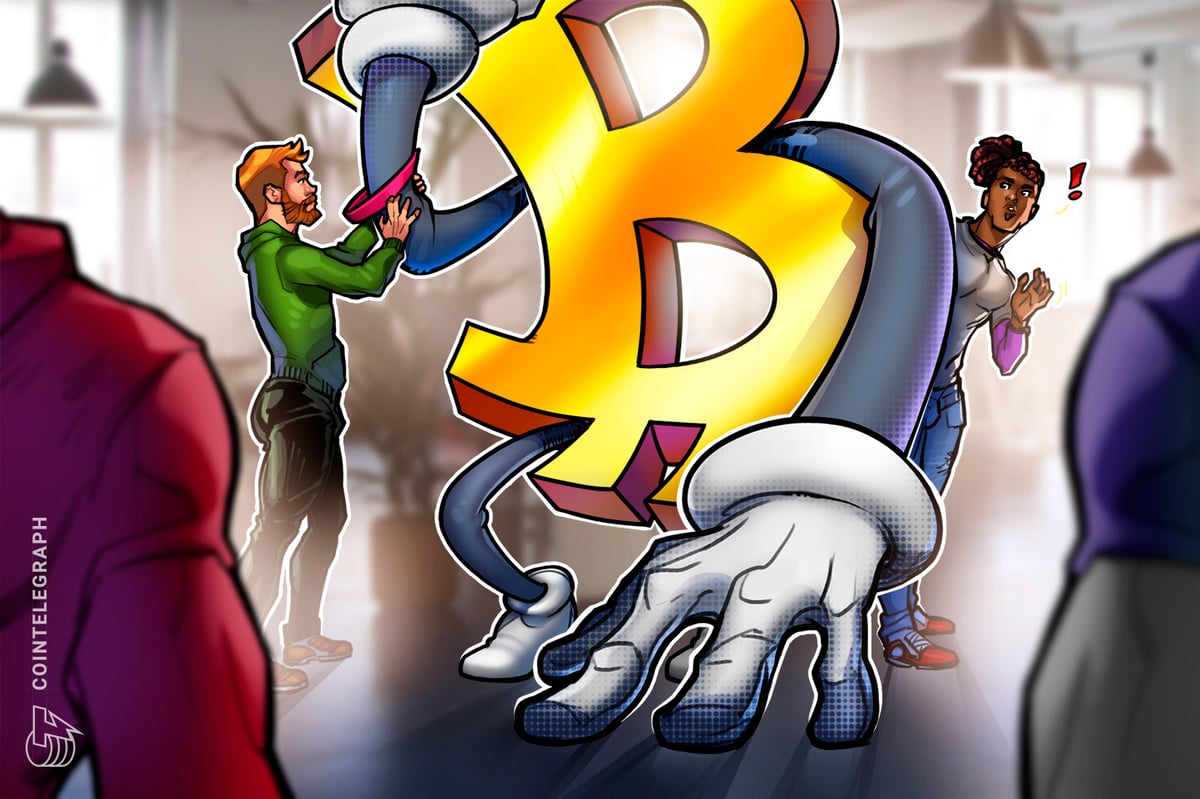Terrill Dicki
Mar 04, 2026 09:51
AAVE trades at $115.90 with neutral RSI at 45.89. Technical analysis suggests potential rally to $135-140 range, but must break $122.81 resistance first.
AAVE Price Prediction: Technical Indicators Signal Mixed Outlook for March 2026
Aave (AAVE) is currently trading at $115.90, down 0.97% in the last 24 hours, as the DeFi protocol’s native token consolidates within a defined trading range. With several key technical levels in focus, this AAVE price prediction examines the potential paths forward for one of decentralized finance’s leading lending protocols.
AAVE Price Prediction Summary
• Short-term target (1 week): $122-128
• Medium-term forecast (1 month): $135-140 range
• Bullish breakout level: $122.81
• Critical support: $110.17
What Crypto Analysts Are Saying About Aave
While specific analyst predictions are limited in recent trading sessions, several forecasters have provided bullish outlooks for AAVE in recent weeks. According to on-chain data and technical analysis from late February, Terrill Dicki noted that “AAVE shows bullish momentum with 5.33% daily gains, targeting $128 resistance breakout. Technical indicators suggest potential rally to $135-140 range by mid-March 2026.”
Additionally, Aishwarya Shashikumar projected that “AAVE currently trades at $113.94 after experiencing a 30-day price drop. The price prediction shows a 19.95% increase which will raise the value to $137.51 by March 3, 2026.”
However, CoinCodex data from March 1st indicates that “Aave is up 7.61% today against the US Dollar. AAVE is currently trading 17.22% below our prediction on Mar 06, 2026,” suggesting some forecasts may have been overly optimistic in the near term.
AAVE Technical Analysis Breakdown
The current technical picture for AAVE presents a mixed but cautiously optimistic outlook:
RSI Analysis: At 45.89, AAVE’s RSI sits in neutral territory, indicating neither overbought nor oversold conditions. This suggests room for movement in either direction, with the potential for upward momentum if buying pressure increases.
MACD Indicators: The MACD histogram sits at 0.0000, indicating bearish momentum has stalled. With MACD at -4.1947 and the signal line also at -4.1947, the indicators suggest a potential trend reversal may be forming.
Bollinger Bands Position: AAVE is positioned at 0.35 within the Bollinger Bands, sitting closer to the lower band ($108.28) than the upper band ($129.76). This positioning typically indicates potential for upward movement, especially with the middle band (20-day SMA) at $119.02 providing nearby resistance.
Moving Average Analysis: The token trades below most key moving averages, with the 7-day SMA at $114.63 providing immediate support. The 20-day SMA at $119.02 represents the first significant resistance level to overcome.
Aave Price Targets: Bull vs Bear Case
Bullish Scenario
In the bullish case, AAVE needs to break above the immediate resistance at $119.35 and then challenge the strong resistance level at $122.81. Success at these levels could trigger the Aave forecast targeting $135-140 as projected by analysts.
Key bullish catalysts include:
– Breaking above the 20-day SMA at $119.02
– RSI moving above 50 to confirm bullish momentum
– Daily trading volume exceeding $40 million consistently
– Reclaiming the upper Bollinger Band at $129.76
Bearish Scenario
The bearish scenario sees AAVE falling below immediate support at $110.17, potentially testing the strong support level at $104.45. A break below this could expose the lower Bollinger Band around $108.28.
Risk factors include:
– Failure to hold above the pivot point at $113.63
– RSI dropping below 40
– Broader crypto market weakness
– DeFi sector rotation
Should You Buy AAVE? Entry Strategy
Based on current technical levels, potential entry strategies include:
Conservative Entry: Wait for a break above $119.35 with volume confirmation before entering, targeting the $128-135 range.
Aggressive Entry: Current levels around $115.90 offer a risk-reward opportunity, with a stop-loss below $110.17.
DCA Strategy: Given the neutral RSI and consolidation pattern, dollar-cost averaging between $110-120 may be optimal for longer-term positions.
The daily ATR of $9.38 indicates significant volatility, suggesting position sizing should account for potential 8-10% daily swings.
Conclusion
This AAVE price prediction suggests a cautiously optimistic outlook for March 2026. While immediate momentum appears bearish according to MACD indicators, the neutral RSI and analyst forecasts pointing toward $135-140 targets suggest potential upside once key resistance levels are cleared.
The critical level to watch remains $122.81 – a decisive break above this level could validate the bullish Aave forecast targeting the $135-140 range by mid-March. However, failure to hold support at $110.17 could lead to further downside testing.
Disclaimer: This AAVE price prediction is based on technical analysis and should not be considered financial advice. Cryptocurrency investments carry significant risk, and past performance does not guarantee future results. Always conduct your own research and consider your risk tolerance before investing.
Image source: Shutterstock
























